Research finds keeping a food journal can keep you on track

Spending a little time each day writing down what you eat and drink could boost your chances of weight-loss success.
Advertisement
Cleveland Clinic is a non-profit academic medical center. Advertising on our site helps support our mission. We do not endorse non-Cleveland Clinic products or services. Policy
In a new study published in the journal Obesity, 142 people who had overweight or obesity logged their meals and held online group sessions about weight-loss strategies for six months.
Researchers found it took just 15 minutes each day to log meals, and those who did so more frequently saw the most weight loss.
“The people who logged, and consistently logged, lost more weight than those who didn’t,” says Leslie Heinberg, PhD, Director of Enterprise Weight Management, who did not take part in the study.
“The people who had the most weight-loss success – losing 10 percent or more of their body weight – were the ones most likely to log, log multiple times a day and keep it up throughout the entire six months.”
The study reinforces what experts have known for years – that keeping a food journal is an effective tool for those looking to lose, or even just maintain, their weight, Dr. Heinberg says.
When it comes to making a lifestyle change, it can be hard to start if you don’t have any data. She says a food diary can act as a “GPS” to help guide people to where they need to be.
Dr. Heinberg says the key to success is keeping up with logging your food over time.
“This is something to really put into your day and make it part of your routine,” she says. “You don’t question whether you want to brush your teeth every day because it’s part of your routine. Likewise, keeping a food diary needs to be something that you just do as part of your routine, because you know it’s going to lead to your ultimate goal.”
Advertisement
Most of us spend more than 15 minutes a day on social media and email, she points out, and there are a multitude of apps that make it fairly easy to help us reach our health goals.
“I think this study is so important because it shows, without a really big investment in time, that you’re much more likely to reach your weight management goals than if you’re not logging,” she said. “Getting this information on what is working for you, what your high-risk situations are, what the good days versus the bad days are – it is all data that’s going to help you figure out the best route to your ultimate goal.”
Advertisement
Learn more about our editorial process.
Advertisement
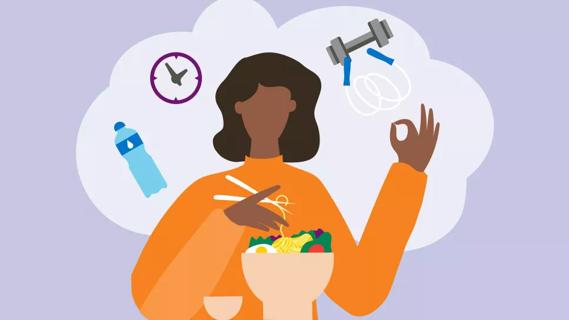
Actively choose healthy habits not only when it comes to food and nutrition, but also physical activity and your mental health
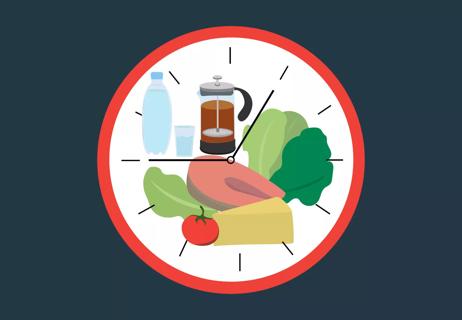
Trying fad diets and skipping meals won’t do you any favors

Wearing this undergarment for too long will do more harm than good
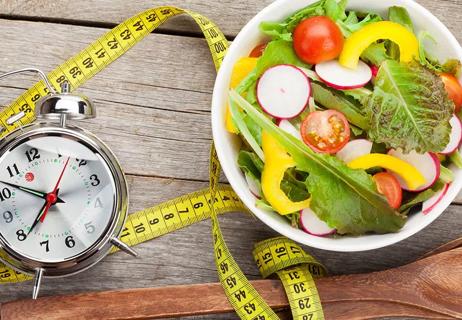
Quick weight loss is possible, but it’s not sustainable

You can lose 15% of your body weight, plus lower your heart disease and diabetes risks
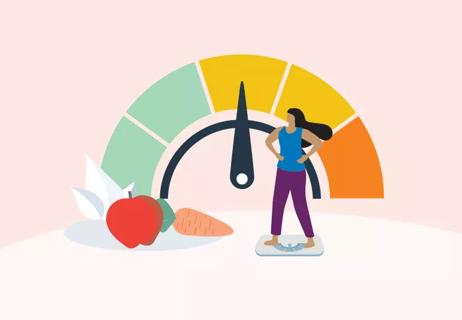
A safe and effective surgery that shouldn’t be considered only as a last resort

Focus on physical activity and foods that pack a nutritional punch to help you lose weight
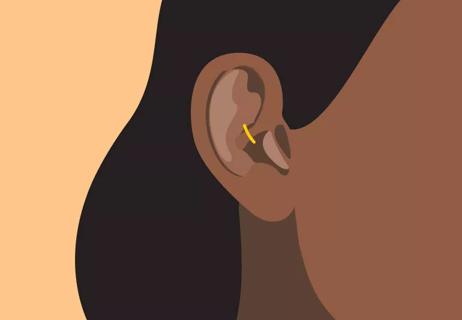
Skip this unproven, unsafe and unregulated weight-loss practice

Type 2 diabetes isn’t inevitable with these dietary changes

Applying a hot or cold compress can help with pain